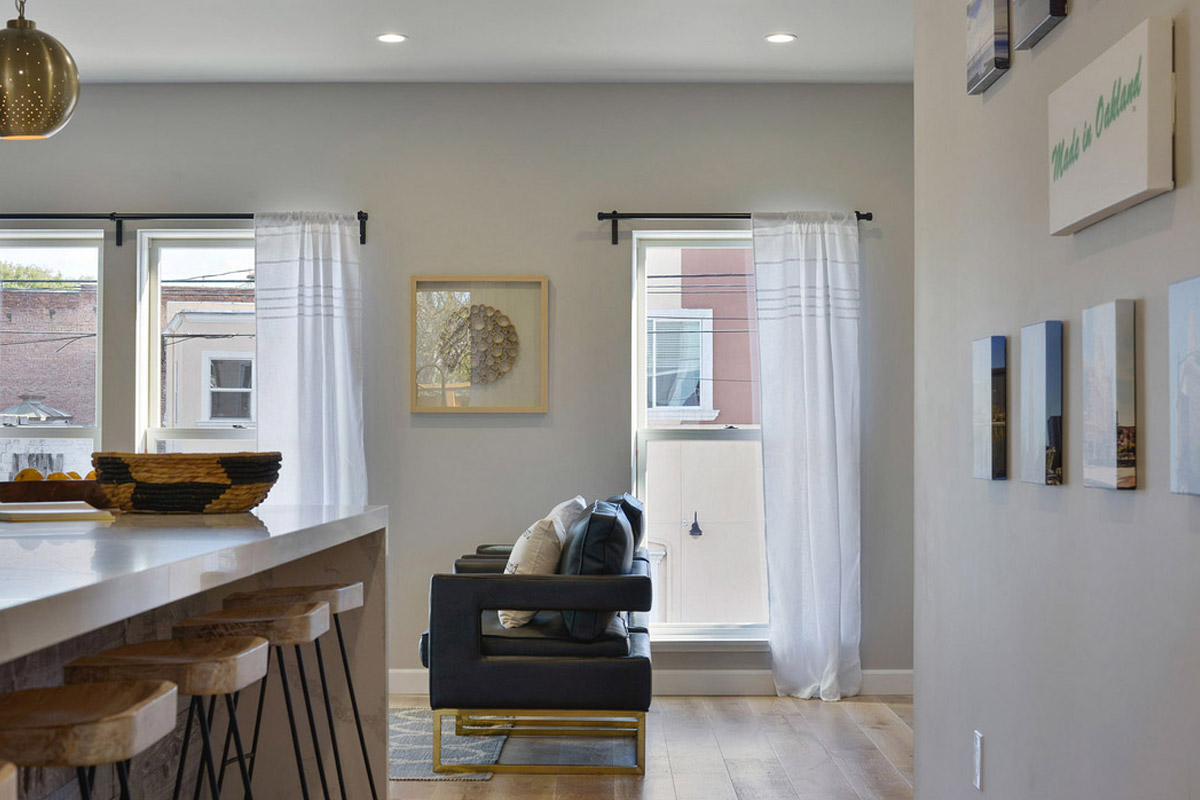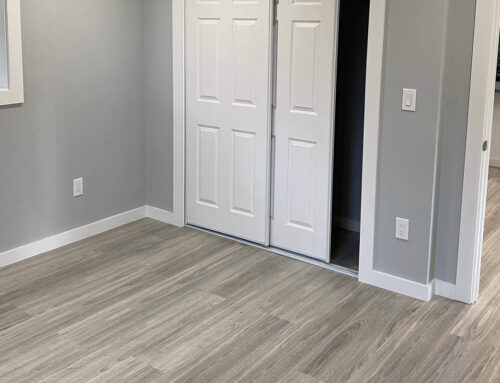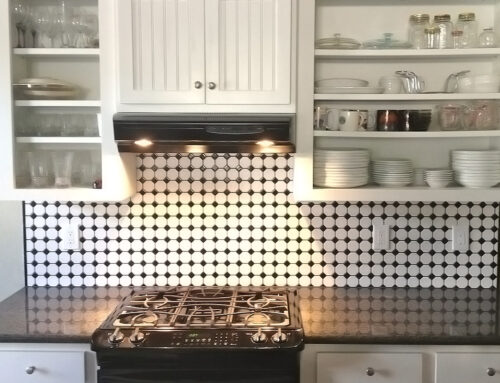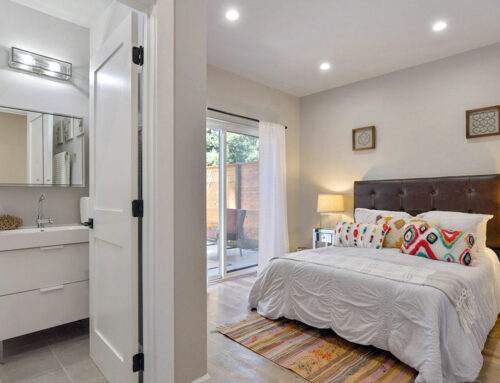Most people who purchase an ADU will continue living in their home, which means that they’ll be paying higher utility bills if that ADU isn’t as energy efficient as it should be. You have a large incentive to make your ADU sustainable and to make it as simple for your renter or whoever will be staying in it to handle the utility bills. So, how do you make sure it will be energy efficient? Here are some tips.
Overall Layout
Architects and other designers know that the orientation of the home to the sun, the placement of the windows and the layout of the HVAC system can all make a huge impact in the energy efficiency of the home or ADU. For example, an ADU with lots of south-facing windows is going to be warmer in the summer than one without. The specifics of your site matter here, too.Nearby trees and buildings will all impact how the sun hits your ADU. Talk to your ADU construction company about how the overall layout of the ADU will impact its efficiency.
Insulation and Construction Quality
Of course, the insulation of your ADU will impact its energy efficiency most directly. You want an insulation type that either matches or exceeds the quality of your home’s current insulation. The R-value on the insulation is what matters. A higher number is better and means that your ADU will be easier to heat in winter and cool in summer.
While less important than insulation, other materials used to make the structure of your home can matter for energy efficiency too. Your roof quality, your framing materials and your flooring can all help to keep your ADU at a more stable temperature.
Choice of Appliances
When you’re building an ADU, you’re focused on how to maximize the small space. That often means you choose smaller appliances. When it comes to efficiency, this isn’t always the best idea. A smaller fridge, oven, dishwasher or freezer may end up using more energy, proportionally, than a full-size option. To make the most of the energy you’re using, it’s especially important not to choose an undersized water heater or furnace, as these appliances will be less efficient if they have to work over time. Make each decision for your appliance on a case-by-case basis.
Separate Utility Meters
When people don’t know how much energy they are using, they tend to use more of it. Whether you’ll have family or renters in your ADU, it is wise to put in separate utility meters. In fact, some municipalities require it. Whoever is living in the space will then be able to see how much they’re increasing your utility bills by and make more sustainable decisions.
Windows and Doors
ADUs usually have separate entrances from the main home and they also have plenty of their own windows. These are major points of heat gain for homes in the summer. Choose high-quality doors and windows to protect the energy efficiency of your ADU and your overall home.






